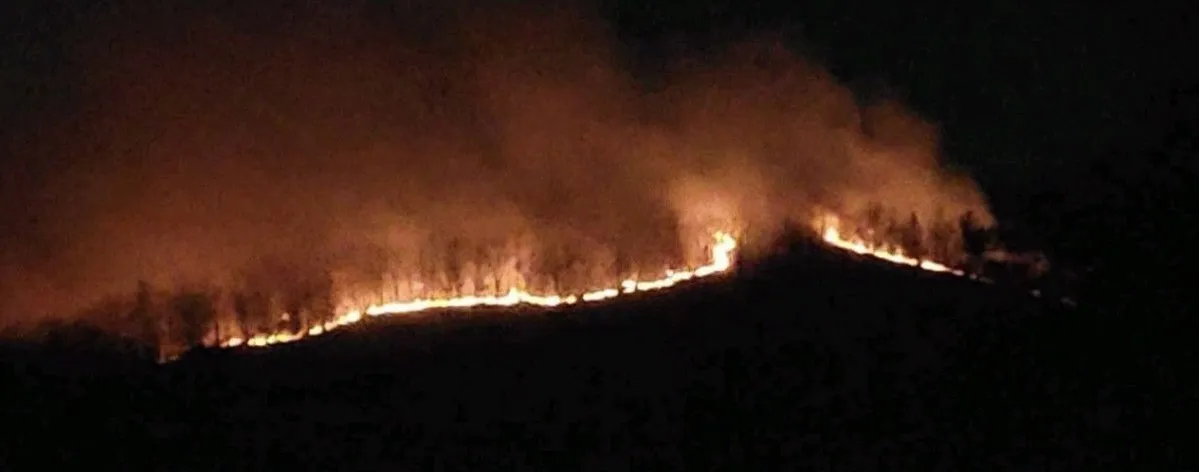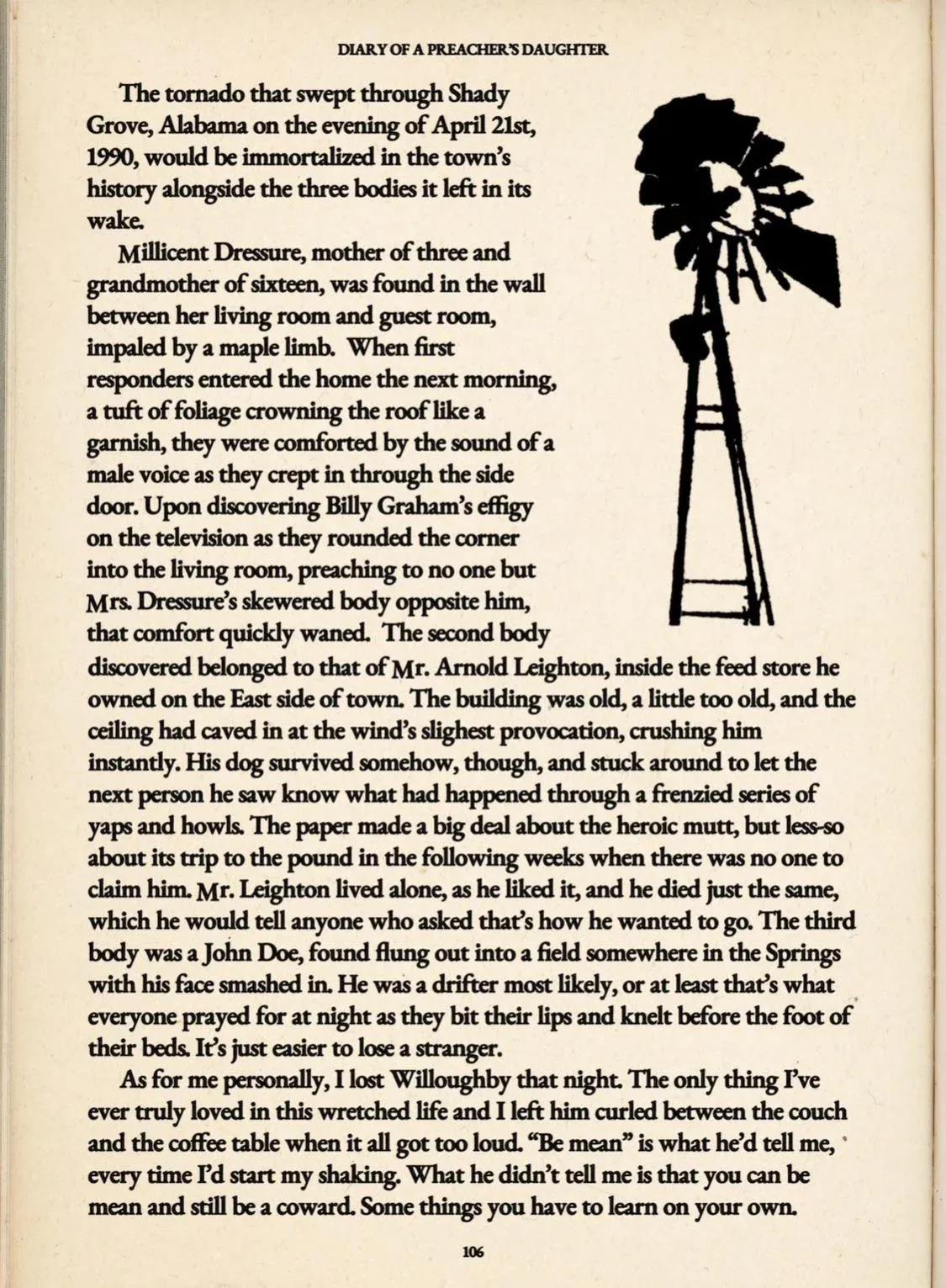Ashes at Bellemarch | short narrative fiction
♪: televangelism by ethel cain

The escape, if that’s what you want to call it, happened on the coldest night of October, just after the heaters gave out. Some say the staff forgot. Others say it was planned. Either way, the locks failed, the lights flickered, and for seven minutes, the asylum on Bellemarch was no longer closed.
They came out screaming, or laughing, or not at all. They found some bodies in the east courtyard, faces frozen in expressions no one wanted to name. Others disappeared into the woods. Five were confirmed dead by morning. Three more by the end of the month — though those didn’t die in the fire. They died from remembering.
Marion Vale, the girl who only spoke in rhymes, was found curled in the white room, singing to the burnt walls. They said she didn’t even scream — just looked up at the stained glass window and whispered, “You forgot me.” No one knew what that meant, but we all felt like she was talking to us.
Thomas Elwood was the oldest patient there. Only at eighteen. He used to draw invisible maps in the air and tell the nurses where the stars would fall. They found him half-buried in snow by the old bus stop, holding a shattered compass. Still warm. The nurse who covered his body hung herself two weeks later.
Room 302 never had a name. Just humming. Whoever lived there was never violent, just lonely. The humming stopped that night, and the room hasn’t been used since. Some say you can still hear it when you walk past with your hand on the doorframe.
The local paper ran a four-line obituary for all of them at once. Called them “patients” like it meant “forgotten.” The mayor never spoke on it. Parents told their children to stop asking. The woods grew quieter. And someone boarded up the Bellemarch gates with red-painted planks, like that could keep the ghosts in.
As for me, I lost Joshua that night. The only person I ever could call mine. We weren’t supposed to love each other. We weren’t even supposed to talk past 9 p.m., but rules melt in places like that. He used to sit by my bed when the shakes got bad and whistled softly until I slept. Said he could steal nightmares if I left the window open.
He told me to run when the fire reached the West Wing. Said he’d be right behind me. I believed him, because that’s what you do when someone is your whole world in a crumbling one.
They never found his body. Just my sweater—half-burnt, smelling like pine and smoke. He always said, “Don’t worry, I’ll find you—even in the dark.” What he didn’t say was that sometimes the dark finds you first.
———————————————————————————— Inspired by page 106 from Ethel Cain’s ‘Diary of a Preacher’s Daughter.’
